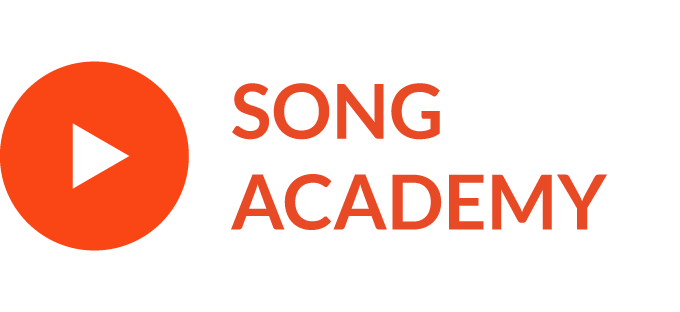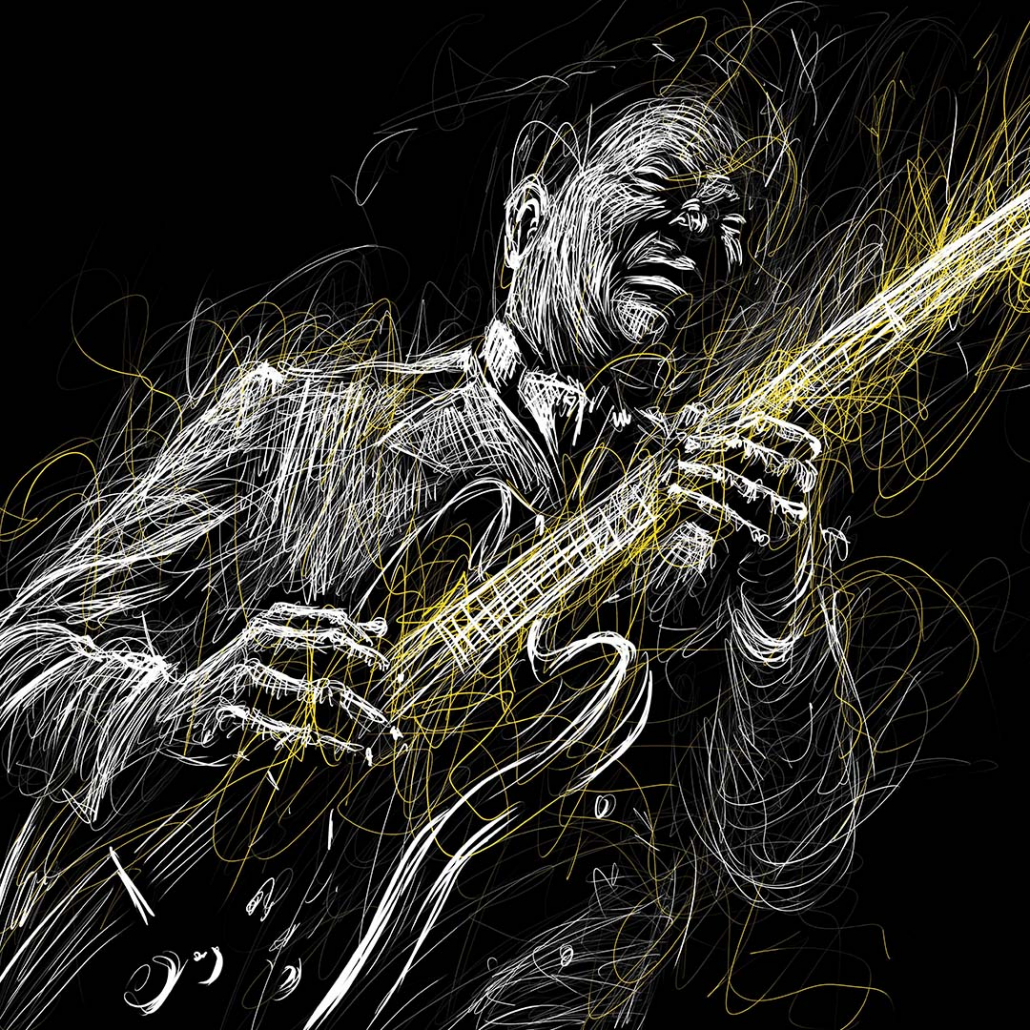Spotlight on the Blues song genre
The aim of our spotlights on different song genres is to make it easy for Music teachers to bring to life the different contemporary music styles. In addition, for English teachers to have the knowledge and a great instrumental track for pupils to write song lyrics in a style of music they choose.
The Blues, which originated from the African Americans communities in the 1860s, is one of the most influential music of the 19th and 20th century. It is the root of many contemporary genres like Jazz, Rock”n”Roll, Country, R”n”B, Soul, Funk and many more.
We’ve looked at some of the key features of instrumentation, rhythm & beat and chords & harmonies in Blues songs. Plus we’ve selected some Blues songs to have a listen to. Pupils can use our demonstration instrumental track to write their lyrics & melodies over.
Instrumentation
Slaves in the deep South of America used to sing work songs narrating their routine. When slavery was abolished in 1865 and they were able to have their own instruments, the best one they could afford to accompany their singing was the guitar. Blues evolved with time and incorporated quickly the harmonica, the piano and in the 20th century, the drums, the bass, the electric guitars and the organs.
Rhythm and Beat
Because it originated from songs that accompanied Slaves working on fields, Blues had at the beginning a slow tempo, to sync with the speed of walking footsteps. It is also the music that created a new rhythmical feeling calling shuffle, which led from the 1910s to the rhythmical feeling called swing, used in jazz and many other genres.
Chords and Harmonies
Although it came from musically uneducated people, the Blues revolutionised completely the western perception of music because of its unconventional harmonies. Some “rules” were unconsciously broken, like the fact of singing a minor third while the chord played was major. These discoveries led classically trained pianists to create new piano genres of music like the ragtime and the boogie boogie. The authentic Blues form was created and respected since the beginning and The Blues scale is nowadays used in all kind of music, as well as for improvising melodies.
Demonstration instrumental track
You can use our demonstration instrumental track below to have a go at putting your lyrics and melodies over a Blues style instrumental. The Demo instrumental has the minor blue form and has a slow 6/8 feel which is quite common. The song structure of this instrumental track is:
Refrain – 4 bars
Verse 1 – 16 bars
Refrain – 4 bars
Verse 2 – 16 bars
Solo – 16 bars
Verse 3 – 16 bars
Turnaround – 8 bars (second half of verse progression)
SONG REFERENCES
HREE O’CLOCK BLUES – BB.KING
BB.King was considered as one of the “three kings of the blues” with a career longer than 65 years as a singer and guitarist. He was one of the most influential blues musicians since his first record in 1949. This song has a slow 6/8 feel like the reference instrumental.
BEFORE YOU ACCUSE ME – ERIC CLAPTON
In the 1960s, rock”n”roll came to life. Many guitar heroes like Eric Clapton (who was a a friend of BB King) arrived from that time and although music continued to evolve, nobody forgot where all the inspiration came from, the Blues.
SWEET HOME CHICAGO – ROBERT JOHNSON
The legend says Robert sold his soul to the devil in exchange for his talent and ability to create the blues. Sweet Home Chicago is one of the oldest recorded blues song that became a standard among musicians.
SWEET HOME CHICAGO – THE BLUES BROTHERS
The blues brothers became famous worldwide with their movie “the blues brothers” in 1980 which features stars from their time like Aretha Franklin, James Brown, Ray Charles..
This is an interpretation of the song by Robert Johnson which they performed with a whole band including e-guitars, horns, drums etc… It’s a great example of how Blues has evolved through time.
https://www.youtube.com/results?search_query=blues+brothers+sweet+home+chicago









